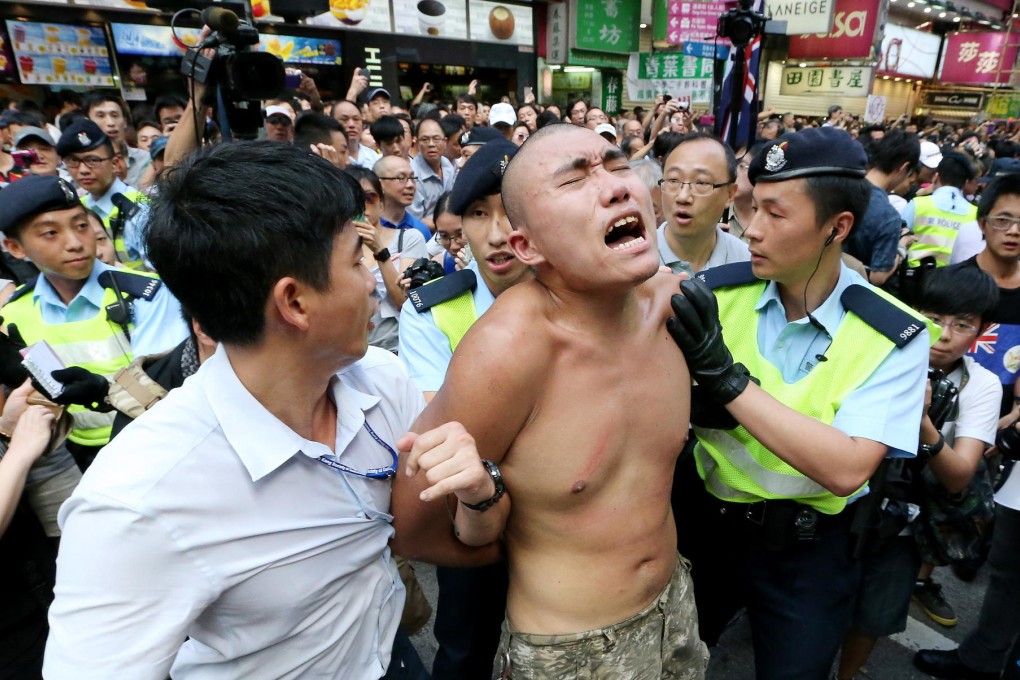Letters to the Editor, August 22, 2013
In his letter ("Cement plan not yet viable refuse solution", August 16), Elvis Au, assistant director of environmental protection, criticised a trial by Green Island Cement of a project to develop a waste incineration facility.

Mr Au is instead a staunch advocate of a waste incinerator he likes to describe as a "waste-to-energy" scheme. Yet while the government aims to build one of the world's largest waste incinerators, he conveniently omits to mention that there have been no trials whatsoever of such a facility in Hong Kong - that's unless you count Hong Kong's former waste incinerators, which were shut down last century for being too filthy.
In Mr Au's view, a "thorough environmental impact assessment study" is required for the Green Island Cement plan. Yet such a study is also lacking for the proposed Shek Kwu Chau incinerator scheme. All that I am aware of is an assessment focusing on selecting an incinerator site. This was commissioned by the Environmental Protection Department, which, conveniently, was also responsible for passing the study.
Information in the impact assessment report is often scant. For instance, emissions including particulates are a major concern, yet what little data there is has evidently been plucked out of thin air, rather than from trials involving Hong Kong waste.
I noticed no mention of studies finding links between proximity to incinerators and increased risks of birth defects and cancer. When it comes to its own project, the department seems unperturbed by data that is lacking or muddled.
Previous letters have noted issues with figures on waste, which should be crucial to determining strategies. The picture is hazy, thanks to varying methods of estimation.